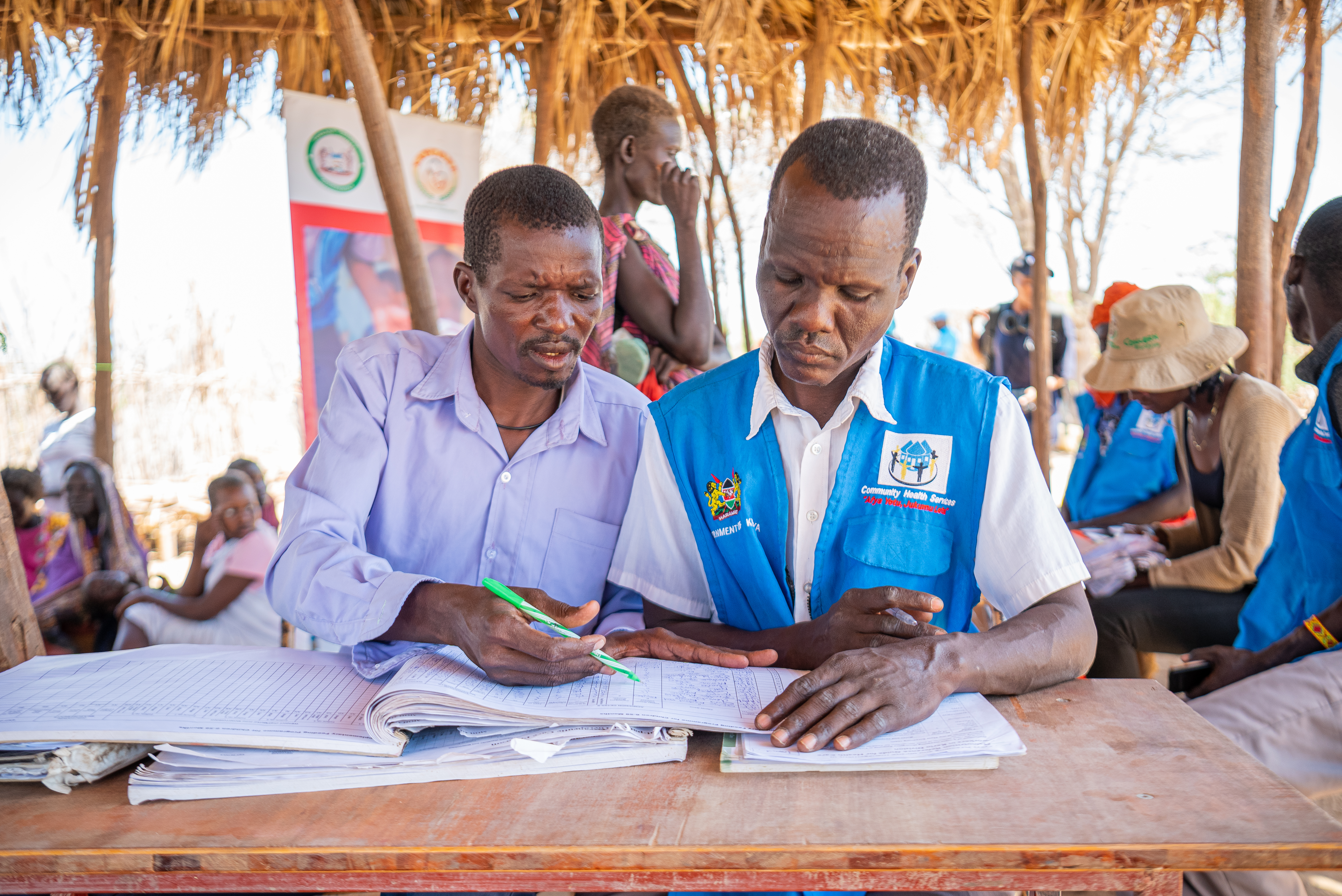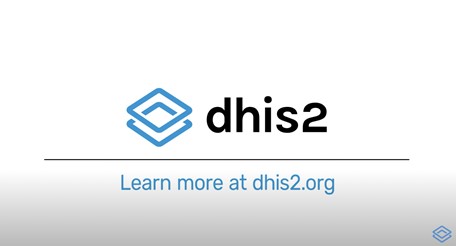Request support on coordination, information management, integration for nutrition outcomes or technical nutrition in emergencies assistance.
التماس الدعم لتنسيق التغذية وإدارة المعلومات والتغذية في حالات الطوارئ
Demander un appui pour la coordination de la nutrition, la gestion de l'information et la nutrition dans les situations d'urgence
Buscar apoyo para la coordinación de la nutrición, la gestión de la información y la nutrición en situaciones de emergencia
Solicite apoio para coordenação em nutrição, gestão de informação e nutrição em emergências
Alexa Humphreys is the Assessment Advisor for the Global Nutrition Cluster. As a member of the Technical Support Team, Alexa helps practitioners improve the quality of their nutrition assessments. Here, she offers a quick overview of Nutrition Information Systems and why they are important to addressing nutrition issues, especially in emergencies.
What are Nutrition Information Systems and why are they important?
Nutrition Information Systems (NIS) are systems put in place to collect, analyze, store and disseminate nutrition information. They are made up of an integrated set of principles, practices, and processes that standardize and normalize nutrition data.
The data captured through these systems then becomes the foundation on which countries develop national policies and programs to adequately address their population’s nutritional needs. A strong Nutrition Information System should aim to provide accurate and timely information to support informed, evidence-based decision-making that will help countries improve nutrition outcomes.

Unfortunately though, many countries do not have a well-functioning nutrition information system in place. This creates a host of complications when addressing the nutrition needs of the population.
Without robust, accurate and timely data, people struggling with nutrition-related issues – particularly at-risk groups including children, elderly, and those living with disabilities – can fall through the cracks and miss out on the lifesaving support they need. This is especially the case during emergencies like conflict and climate disasters when timely response can be the difference between lives saved and lives lost.
What main types of data are used for Nutrition Information Systems?
An Nutrition Information System relies on three main types of data collected: survey data, surveillance data and routine data.
Population-based surveys capture specific information at a specific point in time – effectively providing a “snapshot” of the population. Some of the most utilized surveys for NIS are:
- The SMART (Standardized Monitoring and Assessment of Relief and Transitions) Methodology
- The DHS (Demographic and Health Survey)
- The MICS (Multiple Indicator Cluster Surveys)
Surveillance data is collected and reviewed at specific time intervals as part of an ongoing process in a country to track trends. It’s collected in one of two ways – either by repeating cross-sectional representative surveys and/or by regularly monitoring selected surveillance sites. This following video provides a real-life example of surveillance data in action in Yemen.

Routine data is primarily sourced from health facilities and captured in a variety of ways – including on patient cards, in registers and in health management information systems (HMIS) such as the District Health Information Software 2. Watch the video below to learn more about the District Health Information Software.

Where can you learn more?
Despite the importance of Nutrition Information Systems, a global guidance on this topic has not been available until recently. The WHO-UNICEF Technical Expert Advisory group on nutrition Monitoring (TEAM) developed the 2021 UNICEF WHO NIS Fundamentals Series – the first-ever global guidance on National Nutrition Information Systems (NNIS) to help close the gap (available in English).
Over the course of five online modules, the series provides practical guidance to nutrition practitioners at all levels of the value chain. This guidance can also help countries establish a Nutrition Information System or integrate one into their existing health management information system.
The modules cover:
- Module 1: What is a national nutrition information system?
- Module 2: How does a national nutrition information system support a country's nutrition programmes?
- Module 3: What is needed to build a useful national nutrition information system?
- Module 4: What are the main attributes of a national nutrition information system?
- Module 5: What are the main types of data used in a national nutrition information system?
With this guidance, countries will be better able to generate and utilize quality and timely data to shape and inform nutrition policies and programs and ultimately better meet the nutrition needs of people, especially in emergencies.
Need more personalized guidance and advice on Nutrition Information Systems? Request support from our team of technical advisors.
